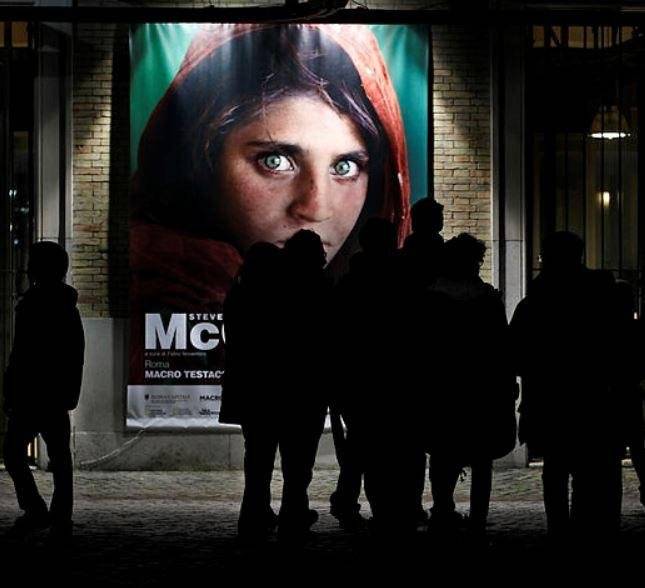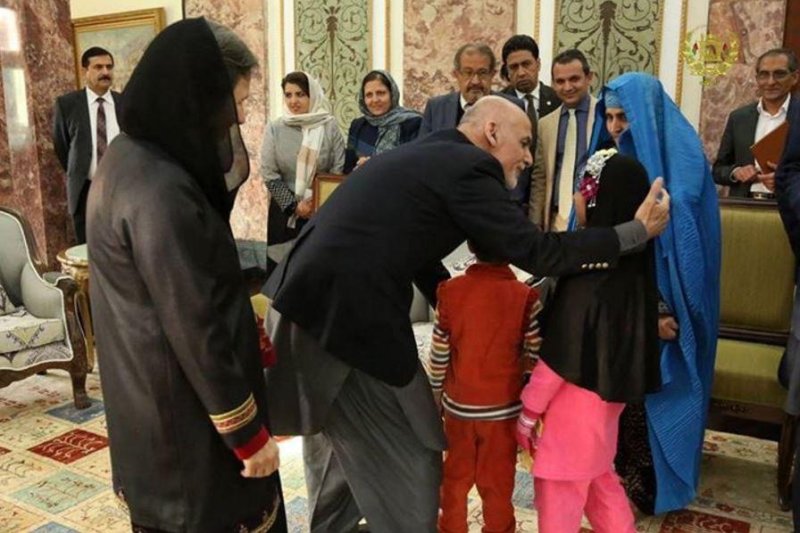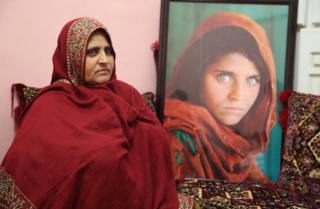waltky
Wise ol' monkey
Uncle Ferd thought she looked older...
National Geographic ‘Afghan girl’ cover arrested in Pakistan
Thu, Oct 27, 2016 - An Afghan woman immortalized on a celebrated National Geographic magazine cover as a green-eyed 12-year-old girl was yesterday arrested for living in Pakistan on fraudulent identity papers.
National Geographic ‘Afghan girl’ cover arrested in Pakistan
Thu, Oct 27, 2016 - An Afghan woman immortalized on a celebrated National Geographic magazine cover as a green-eyed 12-year-old girl was yesterday arrested for living in Pakistan on fraudulent identity papers.
The haunting image of Sharbat Gula, taken in a Pakistan refugee camp by photographer Steve McCurry, became the most famous cover image in the magazine’s history. She now faces up to 14 years in jail, a Pakistani official said. Gula was arrested by Pakistan’s Federal Investigation Agency (FIA) for fraud following a two-year-long investigation in the northwestern city of Peshawar, the capital of the restive province of Khyber Pakhtunkhwa bordering Afghanistan. “FIA arrested Sharbat Gula, an Afghan woman, today for obtaining a fake ID card,” said Shahid Ilyas, an official of the National Database Registration Authority (NADRA).
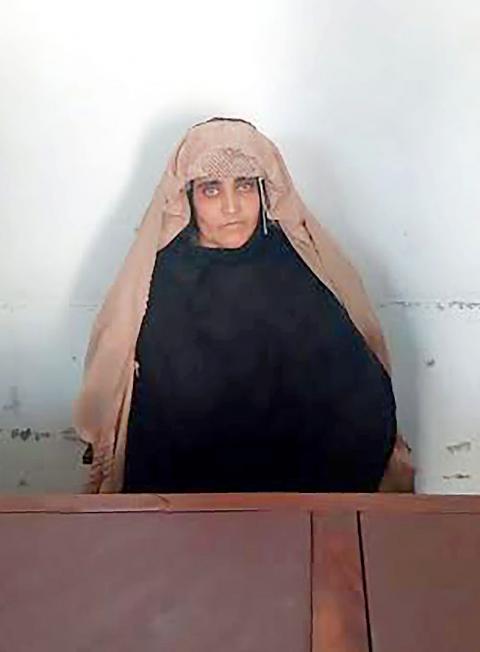
A handout photograph released by Pakistan’s Federal Investigation Agency (FIA) yesterday shows Afghan Sharbat Gula, the “Afghan Girl” who appeared on the cover of a 1985 edition of National Geographic magazine, ahead of a court hearing in Peshawar.
Ilyas said that FIA is also seeking three NADRA officials who were found responsible for issuing Pakistan’s national identity card to Gula, who have been at large since the fraud was detected. He said that Gula faces seven to 14 years prison time and fine between US$3,000 and US$5,000 if convicted by court over fraud. Pakistani officials say that Gula applied for a Pakistani identity card in Peshawar in April 2014 using the name Sharbat Bibi.
She was one of thousands of Afghan refugees who managed to dodge Pakistan’s computerized system and get an identity card. The original image of Gula was taken in 1984 in a refugee camp in northwest Pakistan at the time of the Soviet occupation of Afghanistan. McCurry later tracked her down, after a 17-year search, to a remote Afghan village in 2002 where she was married to a baker and the mother of three daughters.
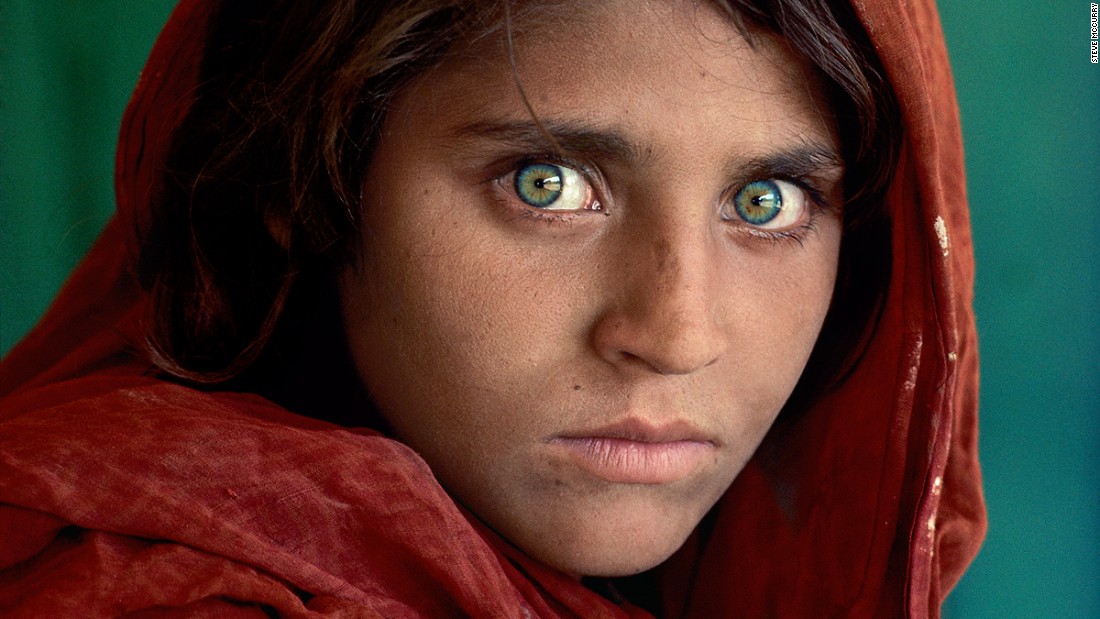
Pakistan has launched a crackdown against those who have obtained fake ID cards fraudulently and launched a reverification campaign across the nation. Officials say NADRA has so far reverified 91 million ID cards and detected 60,675 cards by non-nationals fraudulently. A NADRA official said that 2,473 foreigners, mostly Afghans, had voluntarily surrendered ID cards that they obtained fraudulently. Some 18 officials of the authority were under investigation for issuing ID cards to foreigners and eight were arrested, the official said. More than 350,000 Afghan refugees have returned to their war-torn homeland from Pakistan this year, UN data show.
National Geographic ‘Afghan girl’ cover arrested in Pakistan - Taipei Times
